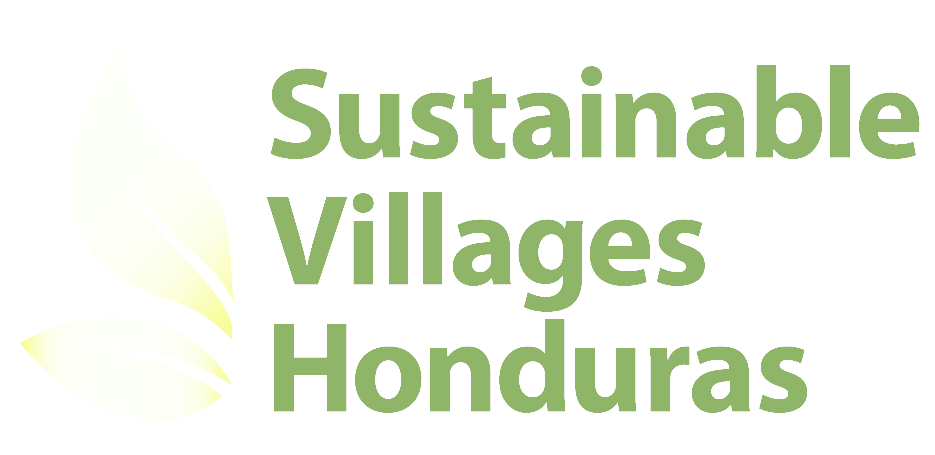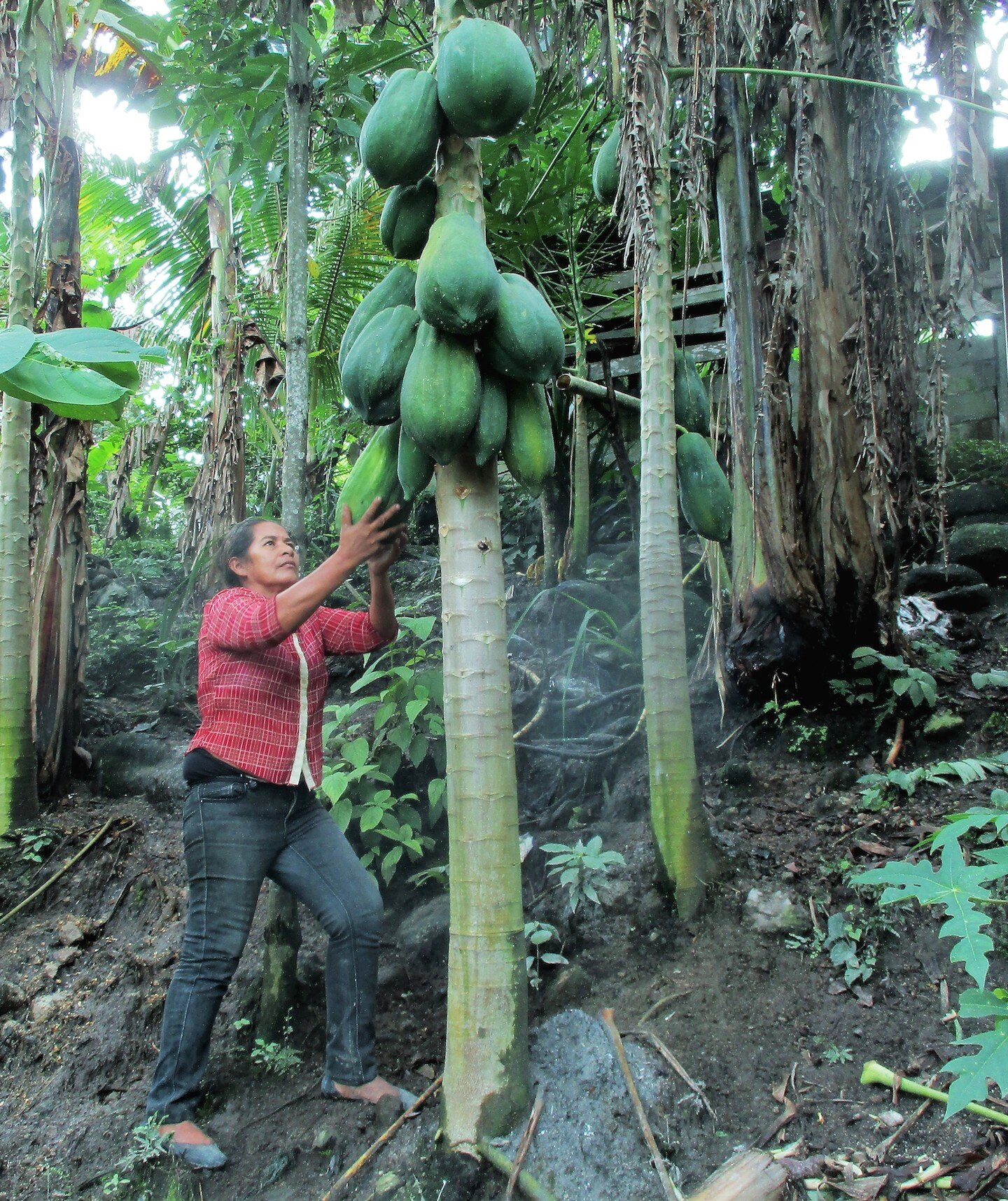DEVELOP LOCAL LEADERS To strengthen organizations
The future of the Sustainable Villages Honduras (SVH) villages depends heavily on the emergence of local leaders who care about improving their lives and their villages over the long haul.
These local leaders engage other community members in forming strong organizations that promote sustainable agriculture, operate effective water systems, and oversee the health of community families. The SVH Coordinator and Facilitator work hard with these organizations to help them become self-sustaining. This SVH goal takes top priority because it is the key to enabling their communities to flourish without outside support.
In 2018-2019, 83 out of 126 SVH families (more than 65%) had at least one person playing a role in a community organization, including: the village council (patronato), the committee on health, the water management board, the committee on agriculture, or the parents’ association. Before social distancing began in March 2020, these organizations received regular SVH training, on how to run meetings, how to set priorities, and how to track finances. As meetings are allowed again, these workshops will continue.
Santo Juan Elvir, who leads a group of six farmers in El Chol in experimenting with organic fertilizer and pesticide made from fungus from forest litter.
New leaders have emerged in every community, many of whom have been introduced in this SVH website: for example, Pastor Santo Juan Elvir and Roberto Pérez in sustainable agriculture practices, Blanca Chavez in generating income, and Rene Castro and Bienvenida Aguilar in community health.
There are a handful of leaders who have shaped their communities over many years. Two of them are introduced below. Both learned from struggles in their own lives how to help and support a whole community.
Introducing Candida Murillo of La Majada
Candida Murillo with health posters on dengue fever and on breast-feeding for posting in La Majada.
Today, Candida Murillo of La Majada is a widely admired leader in both La Majada and the neighboring community of El Tulito. For many years she has been an active member of the La Majada health committee and currently serves as its president. She is currently the vice-president of the La Majada water management board, and also the treasurer of the Association of Water Management Boards of the municipality of Chinda. She led others in saving a local spring by planting trees around it and also in creating a local park surrounding a set of water basins for getting water and washing clothes.
Candida Murillo harvesting papaya on her land.
A dozen years ago, Candida was far from playing a leader’s role. When she first met Roy Lara in 2008, she was a single mother with no idea how she was going to feed her two small children and two adult children. She lived in a two-room adobe house with a tiny kitchen garden and chickens in the yard. She had no fields to grow corn and beans. She began to learn from workshops organized by Roy Lara how to made compost for her gardens. Neighbors helped her construct a chicken coop and a wood-conserving stove.
Candida Murillo was one of the first in the La Majada community to invest in a metal silo, to protect her corn and beans from moisture and insects until they could be sold at a much higher price.
In 2010 Candida was one of several families given the chance to “earn” land if they cleared and planted it. On her plot she grew corn, beans, coffee and vegetables and became a landowner in 2015. People began to come to her house to buy healthy herbs and vegetables. She also became an advocate for reforestation. She began to collect the seeds of the Masica, a tree sacred to the Mayans. From the Masica seeds, high in protein, she makes a medicine to prevent child malnutrition. In addition to her work to strengthen organizations, she has become an important role model for using sustainable techniques in agriculture, forestry and health.




